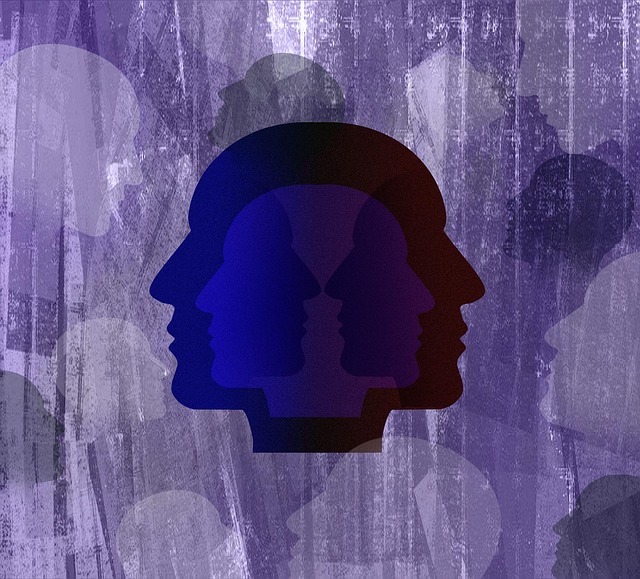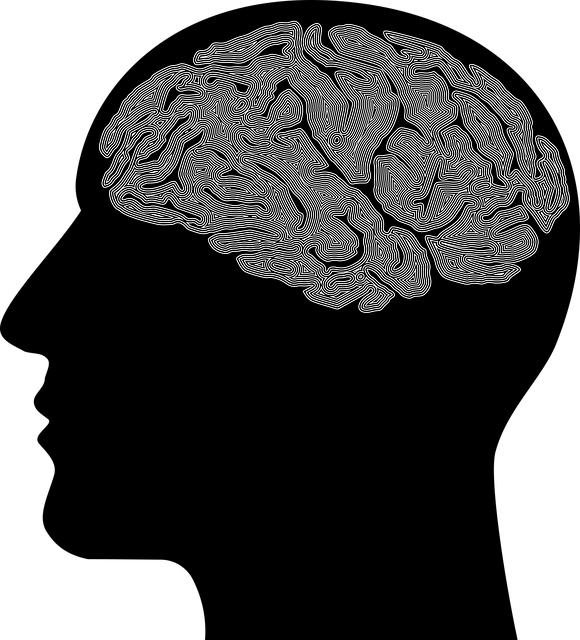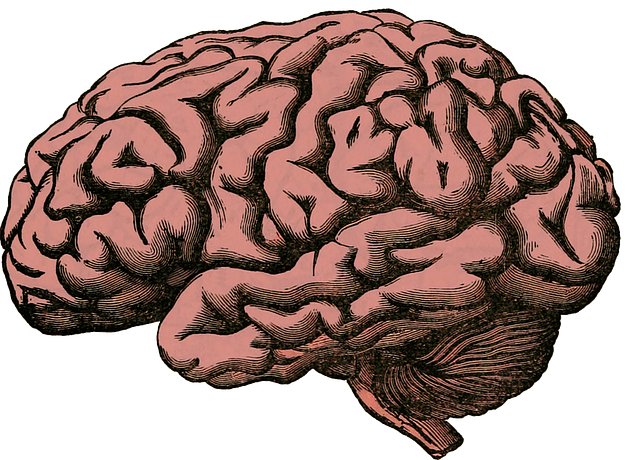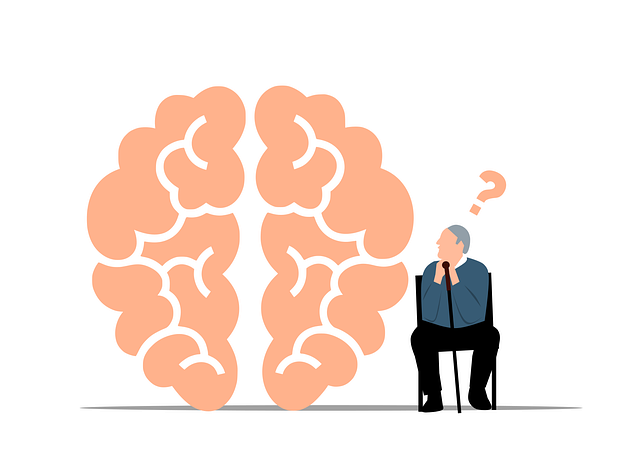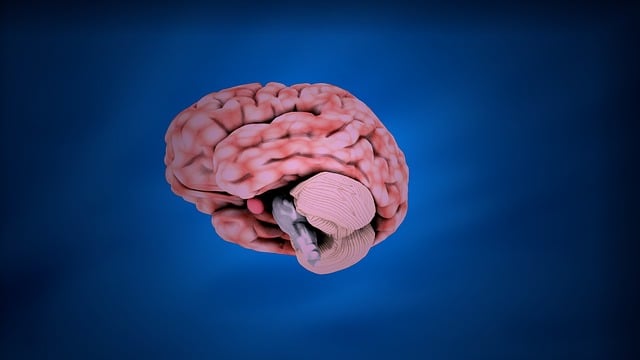Mental Health Crisis Hotlines offer vital 24/7 support for individuals in distress, especially those on the Autism Spectrum Disorder (ASD). These hotlines connect families with ASD specialists who provide tailored therapy to improve self-esteem and social skills. With cultural competency training, they ensure sensitive care, fostering long-term well-being through evidence-based practices like social skills training. Targeted therapy for ASD children is crucial for effective crisis management, promoting understanding and destigmatizing mental health issues. Caregivers are encouraged to recognize distress signs, access confidential hotline services, and adopt self-care routines for holistic support during crises.
“Mental health crisis hotline support services serve as a critical safety net, offering immediate assistance during moments of severe distress. This article explores the vital role these hotlines play in providing emotional solace and professional guidance. We delve into specific initiatives targeting young minds, such as therapy for children with Autism Spectrum Disorder (ASD), highlighting their impact on early intervention and long-term well-being. Additionally, we provide a guide for families and caregivers on accessing these services effectively.”
- Understanding Mental Health Crisis Hotlines: A Lifeline for Many
- Targeting Young Minds: Therapy for Children with Autism Spectrum Disorder
- The Role of Trained Professionals in Crisis Intervention
- Accessing and Utilizing These Services: A Guide for Families and Caregivers
Understanding Mental Health Crisis Hotlines: A Lifeline for Many

Mental Health Crisis Hotlines serve as a vital lifeline for individuals grappling with acute emotional distress or psychological crises. These 24/7 services are designed to provide immediate support, guidance, and resources to those in need, regardless of their age or background. For children on the Autism Spectrum Disorder (ASD), accessing appropriate therapy is crucial. Hotlines play a critical role by connecting families with specialists who understand ASD’s unique challenges, offering not only crisis intervention but also referrals for specialized care, including therapy tailored to improve self-esteem and social skills.
Cultural competency training for healthcare providers is another aspect these hotlines prioritize. They ensure that support is sensitive to diverse cultural needs, making it accessible and effective for all. This comprehensive approach addresses not just the immediate crisis but also works towards fostering long-term well-being by facilitating access to evidence-based practices such as social skills training.
Targeting Young Minds: Therapy for Children with Autism Spectrum Disorder

Targeting young minds with tailored therapy for children on the Autism Spectrum Disorder (ASD) is a critical component in mental health crisis hotline support services. ASD presents unique challenges, and specialized interventions are essential to address its impact on a child’s emotional well-being and social interactions. Mental health professionals equipped with expertise in ASD can provide evidence-based therapies that cater to the specific sensory needs, communication styles, and learning patterns of these individuals.
Public awareness campaigns play a crucial role in promoting understanding of ASD, destigmatizing mental health issues among young people, and encouraging early intervention. In conjunction with robust Mental Health Policy Analysis and Advocacy, these efforts contribute to a broader development of resources and support systems for children with ASD and their families. Ultimately, prioritizing therapy for children with ASD within crisis hotline services ensures that they receive the specialized care they need to flourish and navigate their mental wellness journeys effectively.
The Role of Trained Professionals in Crisis Intervention

Trained professionals play a pivotal role in crisis intervention, especially when dealing with sensitive issues like mental health crises. These experts are equipped with the necessary skills and knowledge to provide immediate support, ensuring individuals receive the help they need during challenging times. With specialized training in crisis intervention, they can assess situations swiftly, employ effective conflict resolution techniques, and offer guidance tailored to each individual’s unique needs.
For children with Autism Spectrum Disorder (ASD), the presence of trained professionals is especially crucial. They understand the nuances of ASD and can adapt their crisis intervention guidance accordingly. This specialized care ensures that children receive therapy that considers their specific challenges, fostering a supportive environment for recovery and mental health awareness.
Accessing and Utilizing These Services: A Guide for Families and Caregivers

Accessing crisis hotline support services is a vital step in assisting loved ones facing mental health challenges. For families and caregivers, understanding how to navigate these resources can be crucial. When a child with Autism Spectrum Disorder (ASD) experiences a crisis, it’s essential to act swiftly while ensuring their safety and well-being. The first step is recognizing the signs of distress and understanding when professional help is required. Many hotlines offer confidential and free services, providing immediate support and guidance.
To utilize these services effectively, caregivers can prepare by having important contact details readily available. They should also be familiar with various crisis hotline options, including those specialized in child mental health and ASD support. Encouraging open communication and a safe environment for the child to express their feelings is key. Establishing a self-care routine for both the caregiver and the child can also aid in managing stress and promoting mental wellness, complementing the professional help received.
Mental health crisis hotline support services play a pivotal role in assisting individuals during times of severe distress, offering much-needed relief and guidance. As highlighted in this article, understanding these hotlines and their unique benefits is crucial, especially when it comes to therapy for children with Autism Spectrum Disorder. By equipping families and caregivers with knowledge on accessing these resources, we can ensure that no one faces a mental health crisis alone. The trained professionals who staff these lines are dedicated to providing prompt and effective intervention, making them invaluable assets in navigating the challenges of mental health crises.

